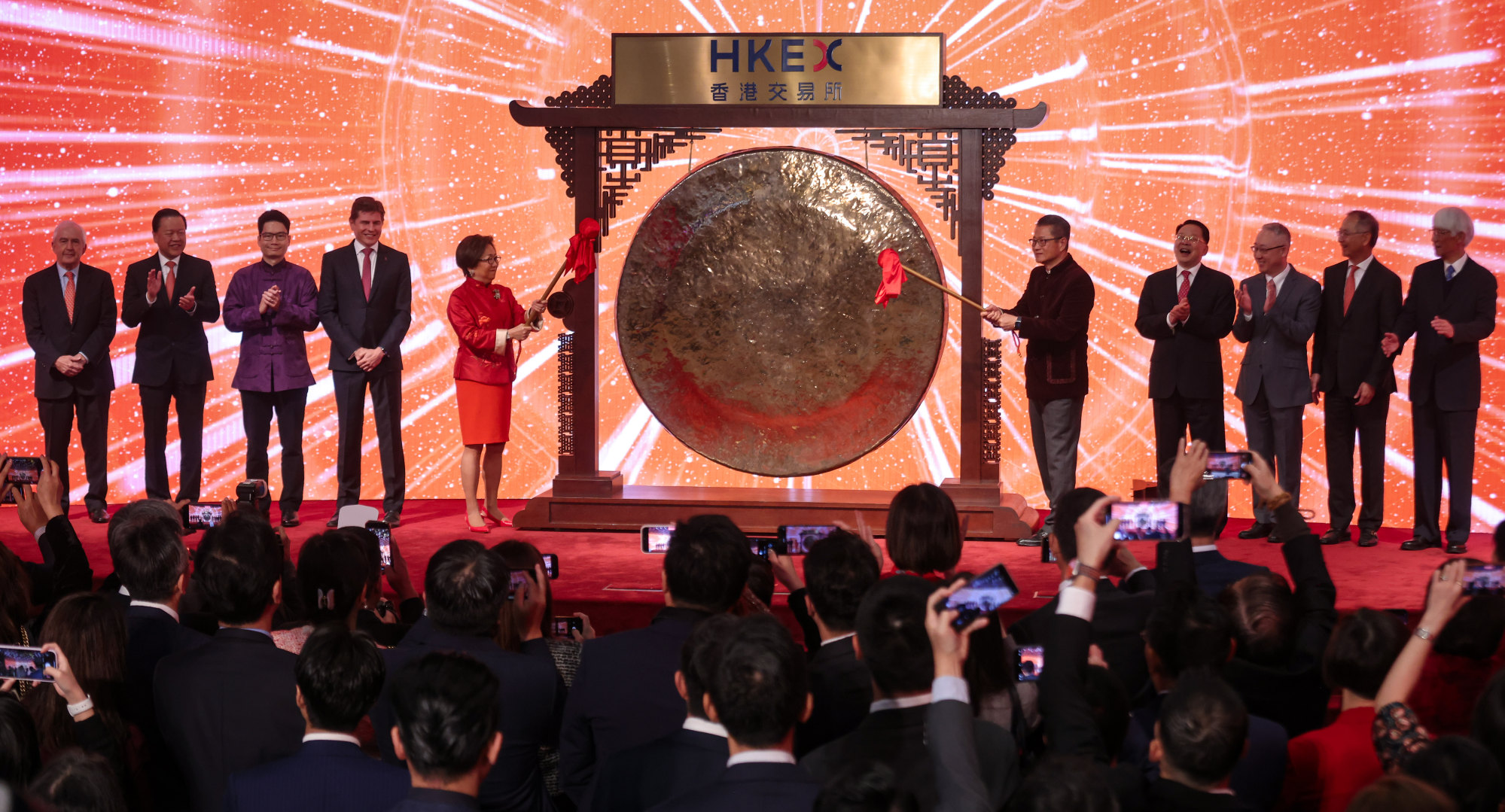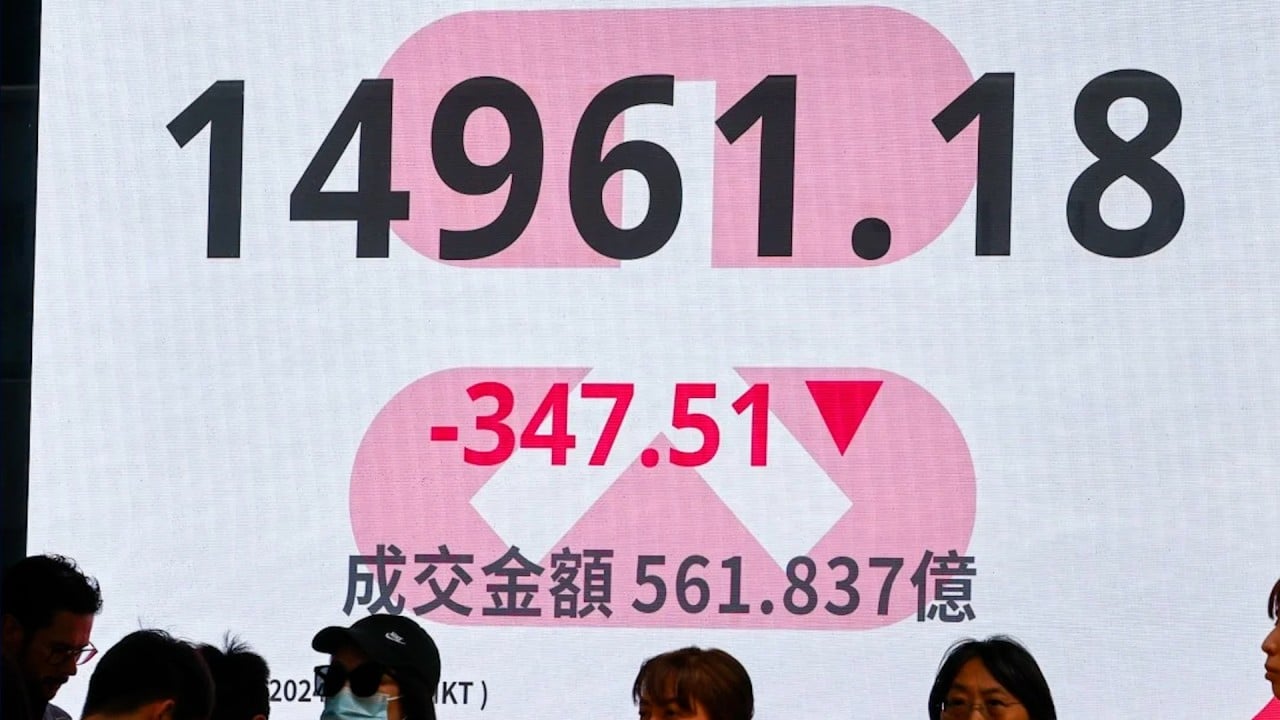“In addition, the mainland [Chinese] economy is stable and improving. These factors will bring a positive atmosphere to investment sentiment and the asset market,” he said.
Gains during the Dragon year ranged from 0.5 per cent in 2000 to 33.4 per cent in 1988, according to Bloomberg data.
“Various factors have made us cautiously optimistic about the Year of the Dragon,” said Chan. “The most important thing is to work with everyone to think of more solutions, innovate and find good development opportunities in the future.”
The market could certainly do with a dose of good fortune. The Year of the Rabbit, which ended on February 9, was a miserable one for local equities as the Hang Seng Index slumped by a record 29 per cent.
The American economist Stephen Roach had said Hong Kong’s best days were “now over” in an opinion piece in the Financial Times on Monday.
“I understand that many people have seen the recent coverage regarding a few stakeholders who hold a pessimistic view towards the Hong Kong market or that Hong Kong’s best days are behind it,” said Cha.
“I completely disagree. We recover and bounce back every time. When others say that we are headed for the bottom, we always rebound and hit new highs. Every time [Hong Kong] has proved its own strength and resilience.
“Hong Kong is still a free and open market, and as such we are inevitably affected by the macro-environment.”
She pointed to the city’s many advantages including rule of law and market transparency, which she said will support recovery and bring back investor confidence.

“For HKEX, 2023 was marked by three things: a challenging macroeconomic and geopolitical backdrop, strong results and important strategic delivery.”
Despite the difficulties presented by the wider economic environment, the city’s markets continued to demonstrate resilience, with derivatives, fixed income, and ETF trading volumes reaching record highs, said Aguzin.
There is hope on the horizon, with many “opportunities to be captured”, he said, including the transition to clean energy, new technology and the increasing relevance of Asia to the global order.
“As China continues to grow, [and] as Asia represents more and more of the world, this part of the world will need places like Hong Kong to provide that access to opportunities,” said Aguzin.


